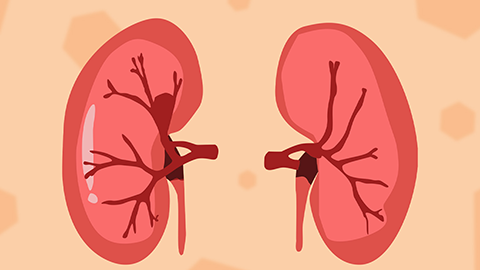Is the right adrenal gland tumor more often benign or malignant?
Generally, right adrenal gland tumors are mostly benign, but malignancy is still possible. A comprehensive evaluation based on multiple factors is required for accurate diagnosis. If abnormalities are detected, timely medical consultation is recommended. Detailed analysis is as follows:

Most right adrenal gland tumors are benign, such as adrenal cortical adenomas and myelolipomas. These benign tumors typically grow slowly, have clear boundaries, and often cause no obvious symptoms when small in size. Some may cause symptoms such as hypertension or hypokalemia due to abnormal hormone secretion. The prognosis after complete surgical removal is generally good, with low risk of recurrence or metastasis, and minimal impact on the body. This is a relatively common clinical scenario.
A minority of right adrenal gland tumors are malignant, such as adrenocortical carcinoma and neuroblastoma. Malignant tumors grow rapidly, have indistinct borders, and tend to invade surrounding tissues and blood vessels, potentially leading to distant metastasis. Patients often experience symptoms including abdominal pain, weight loss, and fatigue. Even with comprehensive treatment involving surgery and chemotherapy, the prognosis is relatively poor, and there is a high risk of recurrence after surgery, posing a serious threat to life and health.
If a right adrenal gland tumor is detected, timely medical consultation is necessary to complete examinations such as CT, MRI, and hormone level testing in order to determine the tumor's nature and functional status. Strict adherence to medical advice for regular follow-up visits or treatment is essential, and immediate medical attention should be sought if any abnormal symptoms arise.




